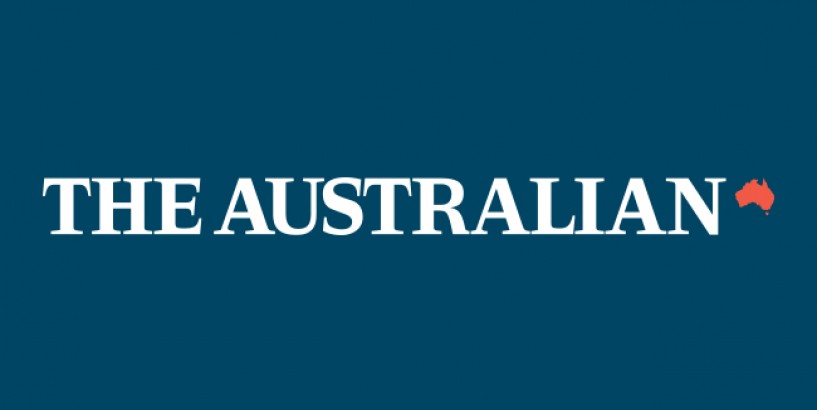Proposed new laws making it easier for asylum seekers to get medical treatment could be unconstitutional because they require doctors to be paid with public money.
The solicitor-general has told the federal government that amendments to border protection laws cannot be passed because they set-up a panel of doctors who require payment.
The amendments were originally made in the Senate, and under the constitution the Senate is not allowed to make bills increasing the spending of public money.
But Labor is pushing ahead with the vote anyway because it says the section of the constitution is highly disputed and the High Court cannot rule on how the government runs itself.
Labor, Green and crossbench MPs were locked in discussions on Tuesday about making it easier for sick asylum seekers to be flown to Australia for treatment.
The opposition MPs looked close to having the numbers to pass the bill through the lower house, but solicitor-general Stephen Donaghue QC has thrown that into doubt.
He says the amendments could breach the constitution, but ultimately it was up to parliament to decide if they did or not.
"The only proper course is to reject the amendments," Attorney-General Christian Porter said on Tuesday.
Greens leader Richard Di Natale said the solicitor-general had been wrong before, especially on MP citizenship eligibility questions.
"If the government is now asserting this is a money bill then if the bill actually gets passed against the wishes of the government that would be an indication of the government has lost control of the finances of the country," constitutional expert Anne Twomey told Sky News.
Under the negotiated amendments, a medical panel of two doctors would assess requests for medical transfers from Manus Island and Nauru.
The Home Affairs minister would have 72 hours to make a decision on whether to agree to a medical transfer.
The minister will only be able to reject the transfer on national security grounds or if the person has a substantial criminal record and poses a threat to the Australian community.
Mr Donaghue suggested a way forward was for the lower house to reject the amendments, the government to ask the Governor-General for an appropriation bill, and then the amendments be returned again.
The coalition appears unlikely to accept that course.
"We are doing whatever it takes to prevent this bill from becoming law and you will, of course, see how these processes are going to evolve over the next 24 to 48 hours," Finance Minister Mathias Cormann told reporters on Tuesday morning.









